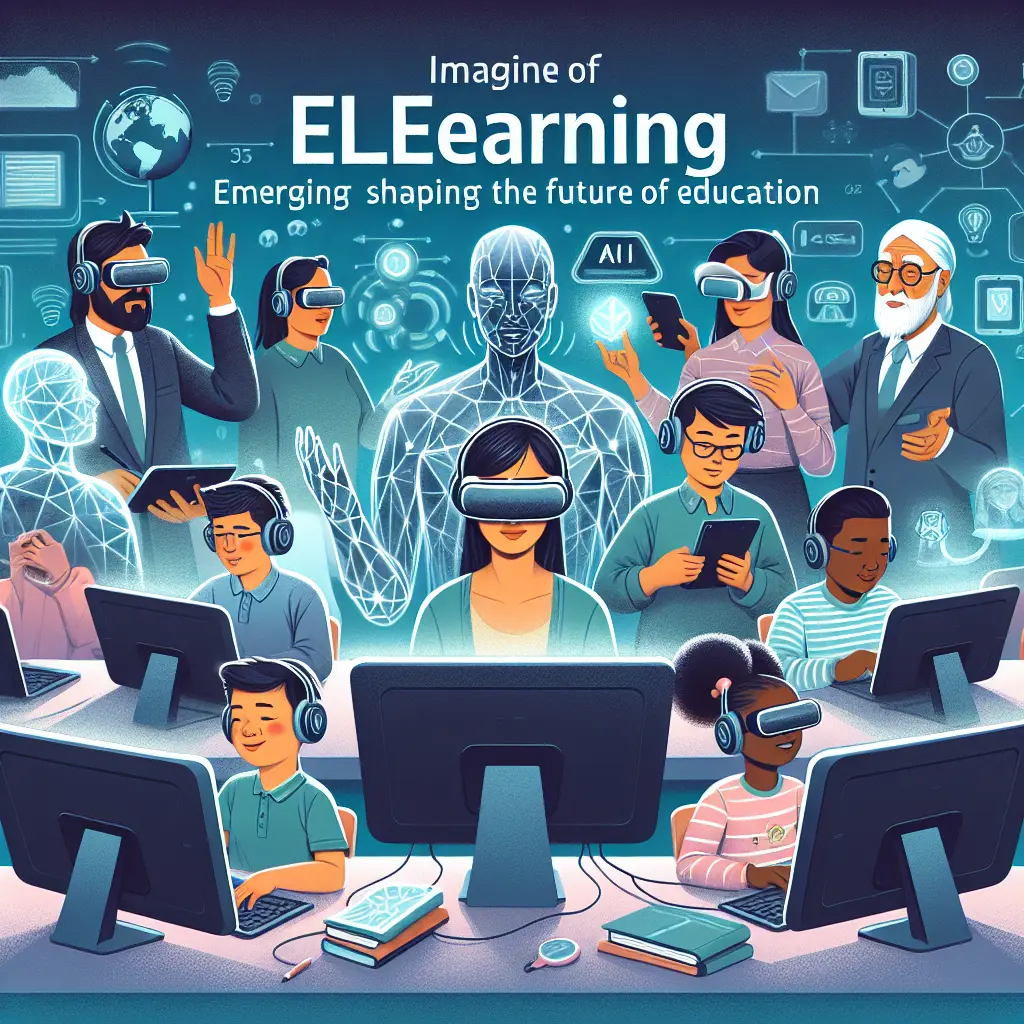
The future of remote education is rapidly evolving, driven by technological advancements and innovative teaching methods.
As we approach 2025, the landscape of remote education continues to transform, presenting new opportunities and challenges for educators, students, and eLearning professionals. Staying informed about the emerging trends is crucial to navigating this dynamic environment and ensuring a successful learning experience for all involved.
Key Trends Shaping the Future of Remote Education:
Personalized Learning Experiences:
- With the advent of AI and machine learning, educational content can now be tailored to meet the individual needs of each student. Adaptive learning technologies analyze student performance and provide customized feedback, enhancing engagement and improving learning outcomes.
Immersive Learning Environments:
- Virtual Reality (VR) and Augmented Reality (AR) are becoming integral to remote education. These technologies create immersive experiences that allow students to explore complex subjects in a more interactive and engaging way. Whether it's a virtual lab experiment or an historical site visit, these tools make learning more tangible.
Microlearning Modules:
- As attention spans shorten, microlearning is gaining traction. Bite-sized modules deliver content in manageable chunks, making it easier for students to absorb information and retain knowledge. This approach is particularly effective for busy professionals and learners who juggle multiple responsibilities.
Collaborative Platforms:
- Online platforms are evolving to support better collaboration among students and educators. Tools that facilitate real-time communication and project management are essential for maintaining a sense of community in remote settings, ensuring that learners remain connected and engaged.
Increased Focus on Soft Skills:
- Beyond academic knowledge, there's an increasing emphasis on developing soft skills like communication, critical thinking, and problem-solving. Remote education platforms are incorporating these skills into their curricula to prepare students for the demands of the modern workforce.
Sustainability in Education:
- As awareness around environmental issues grows, educational institutions are adopting sustainable practices. Remote learning reduces carbon footprints by minimizing travel, while digital resources decrease the need for paper-based materials.
The Impact on Educators and Students:
For educators, these trends present both opportunities and challenges. Embracing new technologies requires ongoing professional development and a willingness to adapt teaching methodologies. However, the payoff is significant—enhanced student engagement, improved learning outcomes, and a more inclusive educational environment.
Students, on the other hand, benefit from a more personalized and flexible learning experience. They gain access to a wealth of resources and can learn at their own pace, making education more accessible than ever before.
As we look toward 2025 and beyond, it's clear that remote education will continue to play a pivotal role in shaping the future of learning. The integration of cutting-edge technologies and innovative teaching strategies promises to make education more inclusive, engaging, and effective.
For those interested in exploring these trends further, you can delve deeper into the topic by visiting this article.
Thank you for joining me on this journey into the future of remote education. As we embrace these changes, let us commit to fostering a dynamic and inclusive learning environment that empowers every student to succeed.
Author: Sophia Langley